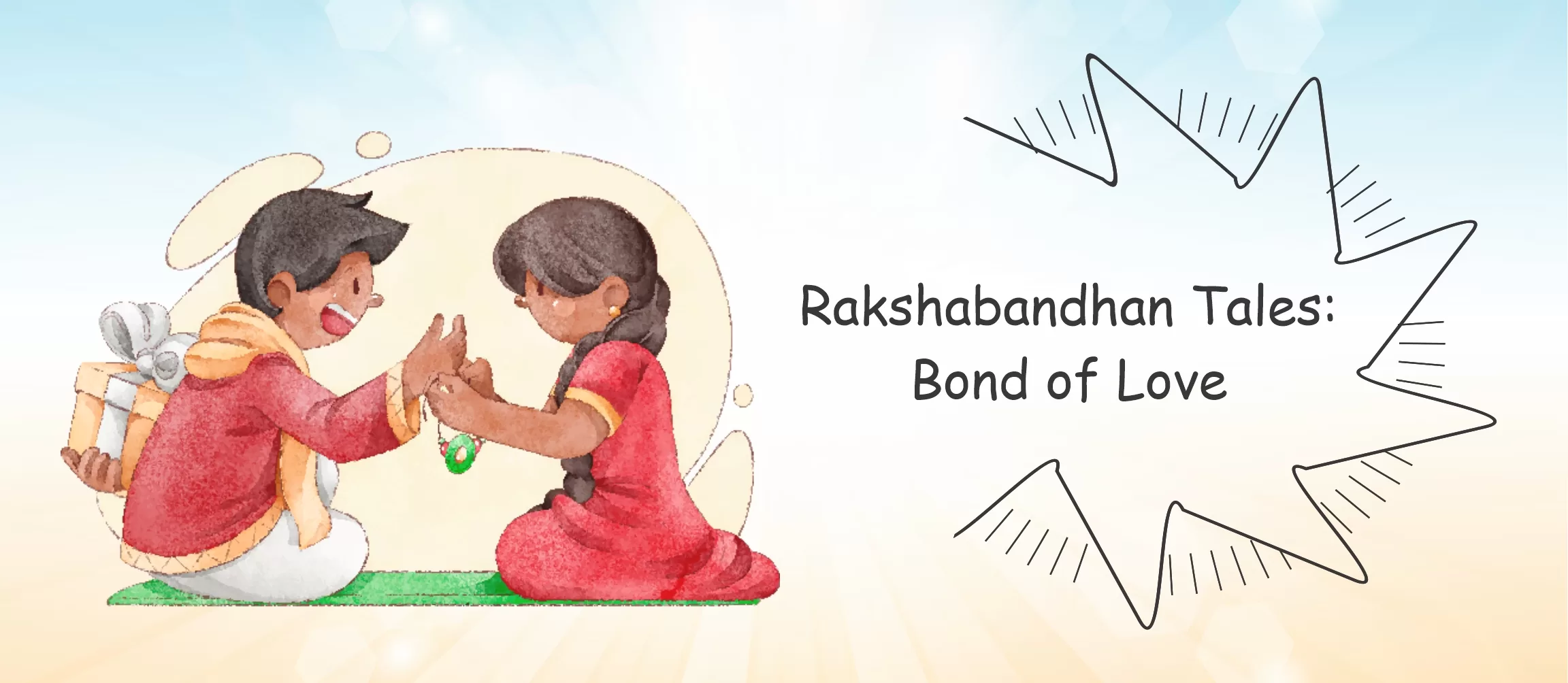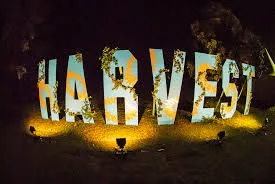There are stories in mythology about Vishnu and Parvati, Kansa and Devki, Krishna and Draupadi, Ravana and Surpankha, Shakuni and Gandhari, Subhadra and Krishna among others.
In ancient times there was no concept of Rakshabandhan per se in the sense that there was no festival though the bond of love was cherished. The concept emerged during our fight for independence when the need for brotherly love, affection, patriotism and undivided India was strong. When kings and kingdoms were there, the protective thread was for tying up before the men went to war. While tying the line has always been about protection, its cultural and festive reasons have evolved.
While Rakshabandhan is over and Janmashtami is around the corner, Central India and some northern states celebrate Janmashtami like Rakshabandhan. This is so because Krishna was considered a brother by many women. So let’s indulge in some stories –
The Vedic Connection –
Legend has it that there was a war between Devas (Gods) and Asuras (Anti-Gods). The King of Gods, Indra was on the verge of losing the battle and to find a solution he approached Guru Brihaspati. The Guru suggested that he must be tied with a sacred thread followed by chanting of mantras on Shravan Purnima. Indra’s wife, Queen Sachi (Indrani) tied the protective thread and the Gods were led to victory.
While it is still under debate as to whether this was the first incidence of Raksha Bandhan, the protective thread no doubt persists.
Lord Bali and Laxmi –
Not many know this story. It was said that Demon King Bali was a devotee of Lord Vishnu. He asked for Vishnu’s protection and Lord Vishnu did it by disguising himself as a doorman. In Vaikuntha, Goddess Laxmi started missing her husband, and so she made a plan. She disguised herself as a woman who needed shelter and approached Bali. He opened his palace home for her. Fortunately, because she was the Goddess of Wealth, Bali became prosperous.
Goddess Laxmi tied a coloured cotton thread on Bali’s wrist for his protection on the full moon night of Shravana. When asked for a gift, Laxmi pointed to the doorman and revealed his identity. Bali approved of Lord Vishnu’s return with Laxmi but Vishnu too promised to spend four months every year with Bali.
Tagore and Rakhi –
Rakshabandhan in pre-independent India was made famous by Rabindranath Tagore as a social tool to unite Hindus and Muslims who were being made separate under the divide-and-rule conditions imposed by the British Raj.
Raksha Bandhan is celebrated by people of all faiths other than Hindus like Muslims, Christians, Sikhs, and Buddhists and is also celebrated in Nepal, Mauritius, Srilanka, USA and UAE by non-Indians living there.




